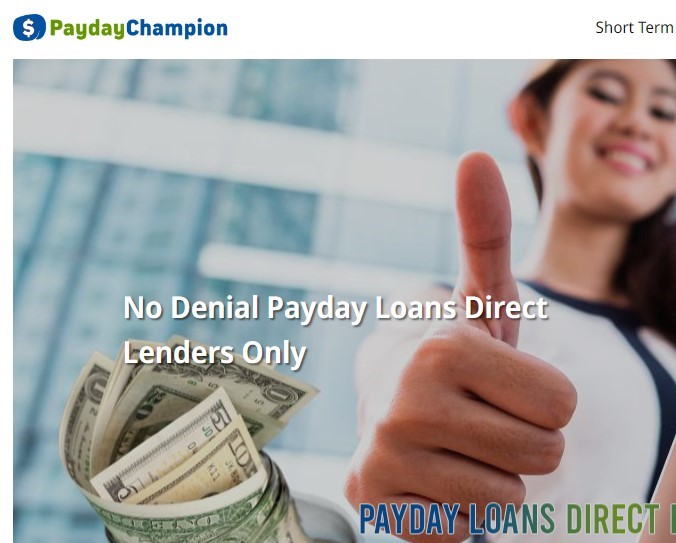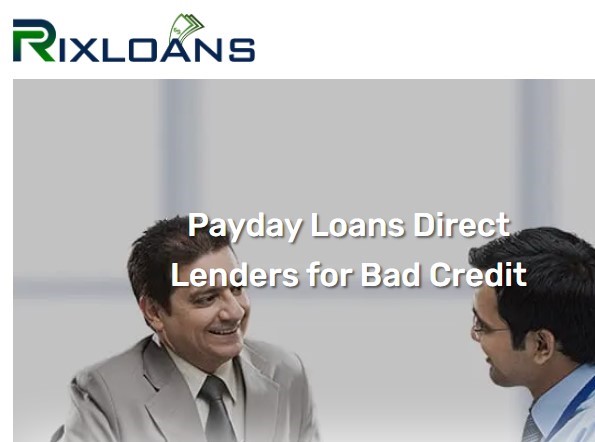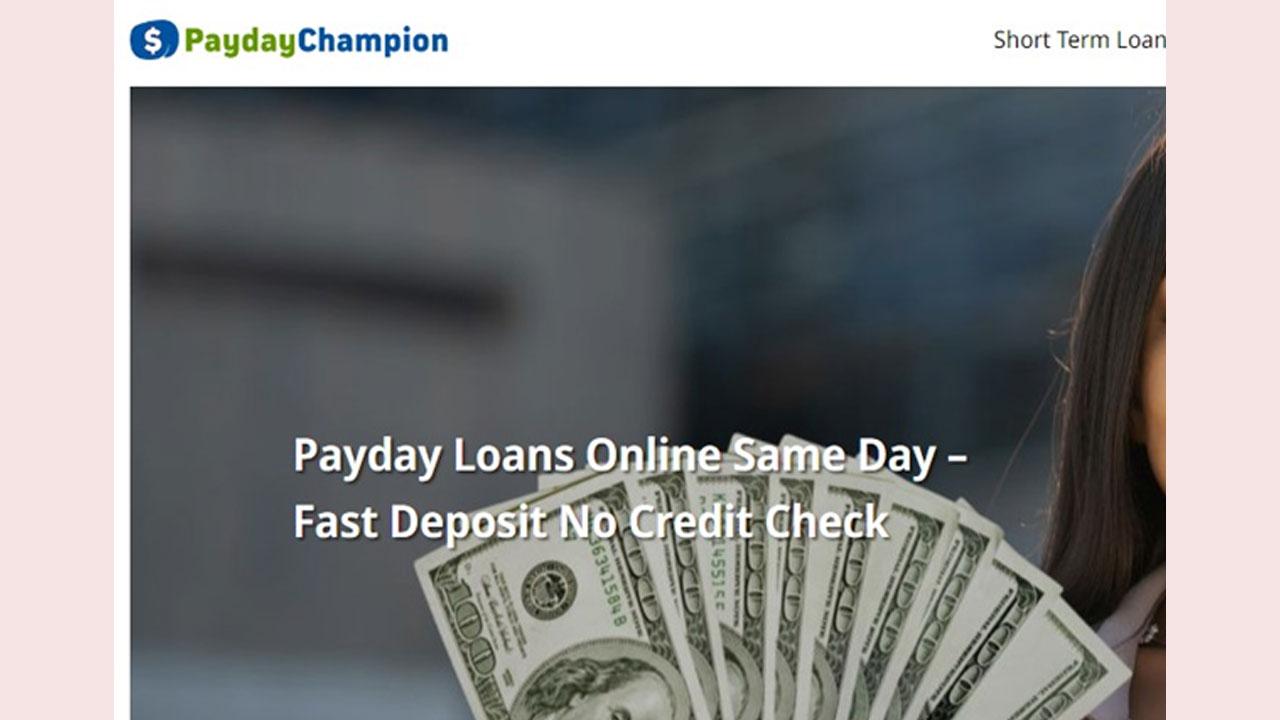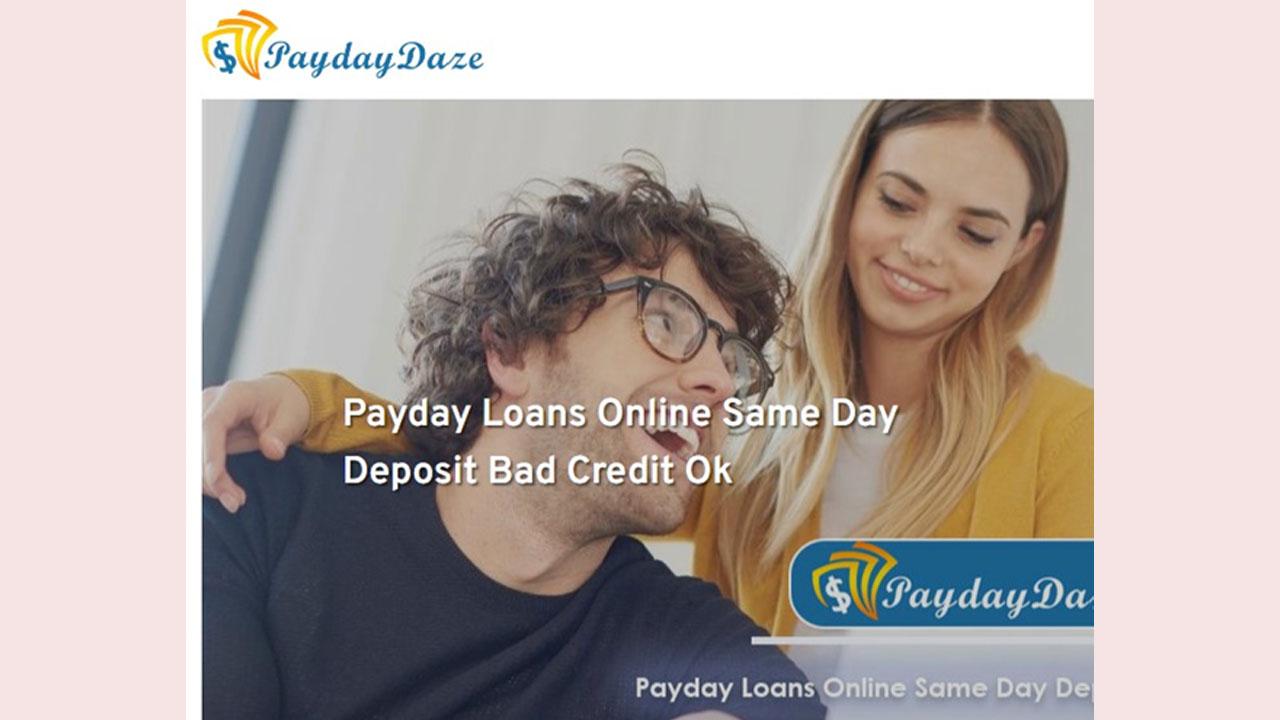Payday Loans Direct Lender No Credit Check

In an era defined by economic volatility and immediate financial needs, the allure of instant solutions can be overwhelming. Nowhere is this more evident than in the growing market for payday loans, particularly those marketed by direct lenders with the promise of no credit check. But beneath the surface of rapid access lies a complex web of potential risks and long-term financial implications that demand careful scrutiny.
This article delves into the world of payday loans offered by direct lenders without credit checks, examining their prevalence, associated costs, regulatory landscape, and the perspectives of borrowers, lenders, and consumer advocacy groups. It aims to provide a comprehensive and balanced understanding of this controversial financial product.
The Rise of "No Credit Check" Payday Loans
The proliferation of online lending platforms has fueled the growth of payday loans, especially those advertising "no credit check" options. These loans, typically for small amounts ranging from $100 to $500, are marketed as a quick fix for unexpected expenses or cash flow shortages. Direct lenders claim to offer a more streamlined and accessible process than traditional banks, attracting individuals with limited credit history or poor credit scores.
These lenders often highlight speed and convenience as their primary selling points, promising near-instant approval and funding. They suggest a great solution for borrowers facing emergencies like auto repairs or medical bills. This targeted advertising can be particularly appealing to vulnerable populations struggling to make ends meet.
How "No Credit Check" Really Works
Despite the "no credit check" claim, direct lenders invariably conduct some form of verification. This verification may involve checking bank account details, employment history, and other personal information. The process aims to assess the borrower's ability to repay the loan, even without relying on traditional credit scores from agencies like Equifax, Experian, or TransUnion.
The absence of a formal credit check doesn't mean the lender is taking on a greater risk without any compensation. They compensate for the increased risk by charging significantly higher interest rates and fees. This can translate to an Annual Percentage Rate (APR) of 300% or higher, far exceeding the rates of conventional loans or credit cards.
The Costly Reality of Payday Loans
The high cost of payday loans is a major point of concern for consumer advocacy groups. The Consumer Financial Protection Bureau (CFPB) has repeatedly warned about the dangers of these loans, highlighting their potential to trap borrowers in a cycle of debt. Due to very high interest rates, borrowers find themselves unable to repay the loan on the due date.
As a result, they are forced to roll over the loan, incurring additional fees and interest charges. This rollover process can lead to a situation where the total cost of the loan far exceeds the original principal amount. This makes them unable to pay the initial loan.
"Payday loans can create a debt trap for consumers, who often find themselves taking out additional loans to cover the initial debt." - CFPB report.
The Borrower's Perspective
For many borrowers, payday loans appear as a last resort when facing immediate financial challenges. Individuals struggling with low incomes, unemployment, or unexpected expenses may see them as a convenient option. The speed and ease of access can be particularly appealing in times of crisis, where traditional lending options may not be available or fast enough.
However, the short repayment terms (typically two weeks or less) and high fees often make it difficult for borrowers to repay the loan on time. This can lead to late fees, overdraft charges, and further deterioration of their financial situation. Even for individuals with jobs the high interest rates and short repayment windows, makes it extremely difficult to repay the loan.
The Regulatory Landscape and Legal Challenges
The regulation of payday loans varies significantly across different states. Some states have capped interest rates or banned payday lending altogether. This regulatory variation reflects ongoing debates about the balance between protecting consumers and providing access to credit.
The industry faces ongoing legal challenges from consumer advocacy groups and regulators. These challenges often focus on allegations of predatory lending practices, deceptive marketing, and violations of consumer protection laws. This has created a significant push for stronger federal regulation to protect vulnerable populations.
The CFPB has played a significant role in shaping the regulatory landscape of payday lending. It issued rules aimed at curbing abusive lending practices, including requiring lenders to assess a borrower's ability to repay the loan. However, these rules have faced legal challenges and revisions, leading to ongoing uncertainty in the industry.
The Future of "No Credit Check" Payday Loans
The future of payday loans and other high-cost credit products remains uncertain, influenced by technological advancements, regulatory changes, and evolving consumer needs. The increasing popularity of alternative lending models, such as peer-to-peer lending and earned wage access, presents both challenges and opportunities for the traditional payday lending industry. Consumer Education about the risks associated with payday loans is vital.
Ultimately, the long-term sustainability of "no credit check" payday loans will depend on their ability to provide responsible and affordable credit solutions. This may involve stricter lending standards, greater transparency in fees and terms, and a focus on helping borrowers improve their financial literacy and long-term financial well-being. Increased regulation and stricter oversight will provide more security for vulnerable people that may be targeted by these organizations.



![Payday Loans Direct Lender No Credit Check 1 Hour Payday Loans No Credit Check | [year] Guide](https://avocadoughtoast.com/wp-content/uploads/2022/02/1-Hour-Payday-Loans-No-Credit-Check.png)














